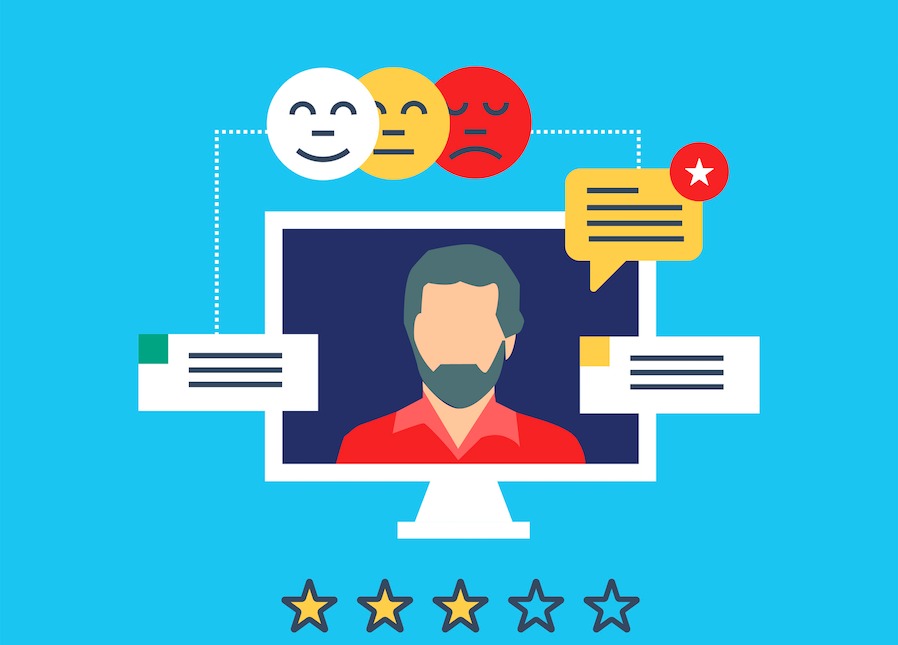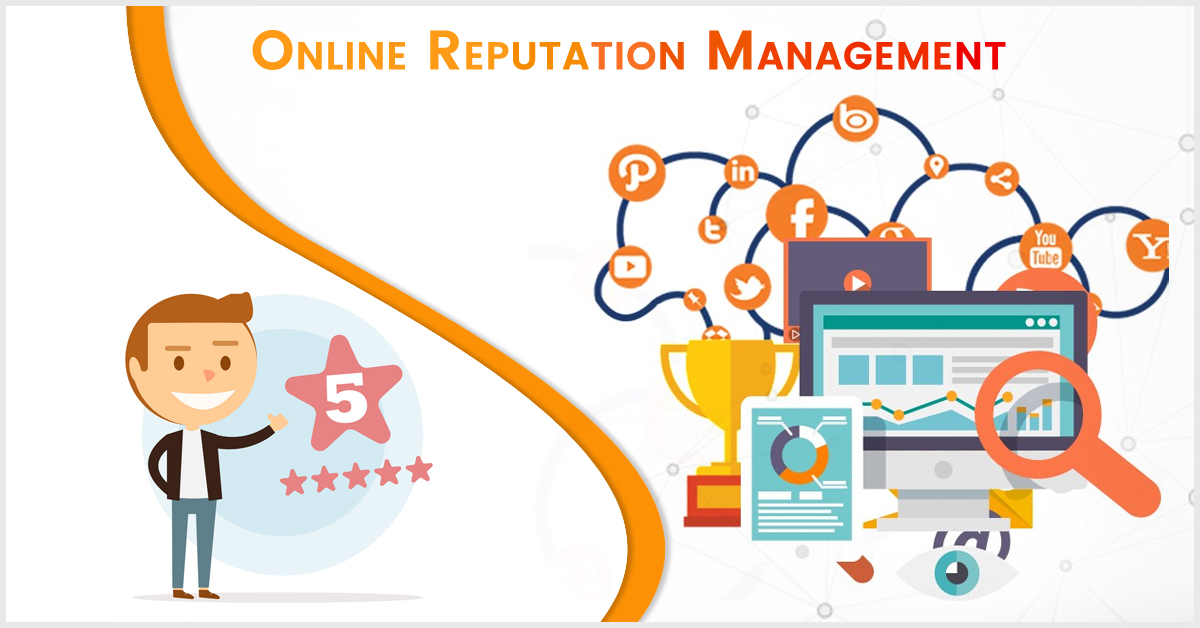In the digital age, reputation management has become a critical aspect for individuals and businesses alike. It encompasses various strategies and techniques aimed at shaping and influencing public perception and online reputation. From monitoring online mentions to actively engaging with customers, reputation management plays a pivotal role in maintaining a positive brand image and credibility in the virtual realm.
What Is Reputation Management?

Reputation management refers to the practice of controlling and influencing how an individual or entity is perceived by others. It involves monitoring online conversations, addressing feedback, and implementing strategies to enhance one’s reputation.
Importance of Reputation Management
The reputation of a business or individual can significantly impact their success and credibility. A positive reputation can attract customers, investors, and opportunities, while a negative reputation can tarnish relationships and hinder growth.
Understanding Online Reputation
In today’s interconnected world, online reputation holds immense value. It encompasses what people find when they search for you or your business online. It includes reviews, social media mentions, news articles, and other digital content that shapes public perception.
1. Impact of Online Reputation
A strong online reputation can build trust and credibility, leading to increased sales and opportunities. Conversely, a negative online reputation can damage relationships, deter potential customers, and harm business prospects.
2. Sources of Online Reputation
Online reputation is shaped by various factors, including customer reviews, social media interactions, news articles, blog posts, and forum discussions. Each mention contributes to the overall perception of an individual or business.
Strategies for Effective Reputation Management
Managing online reputation requires a proactive approach. Here are some strategies to consider:
1. Monitoring Online Presence
Regularly monitoring online mentions and reviews allows individuals and businesses to stay informed about what others are saying. This enables timely responses and the ability to address any concerns or negative feedback promptly.
2. Responding to Feedback and Reviews
Engaging with customers and addressing their feedback, whether positive or negative, demonstrates transparency and a commitment to customer satisfaction. Acknowledging concerns and offering solutions can help mitigate the impact of negative reviews.
3. Creating Positive Content
Producing and promoting positive content can help shape public perception and overshadow any negative mentions. This includes publishing relevant and engaging content on owned channels such as websites, blogs, and social media platforms.
Reputation Management Tools
Several tools and technologies are available to aid in reputation management, including online monitoring tools, social media management platforms, and sentiment analysis software. These tools help track mentions, analyze sentiment, and manage online reputation more effectively.
Challenges
Despite its importance, reputation management comes with its own set of challenges:
1. Dealing with Negative Reviews
Negative reviews can impact reputation and credibility. Effectively addressing and resolving customer concerns is essential to mitigate the impact of negative feedback.
2. Managing the Social Media Crisis
Social media crises can escalate rapidly and damage reputation if not handled promptly and appropriately. Having a crisis management plan in place can help mitigate the impact and protect the brand’s reputation.
Future Trends
As technology evolves, so do trends in reputation management. From the rise of influencer marketing to the growing importance of online customer service, staying abreast of trends is crucial for effective reputation management.
Reputation Management for Businesses and Individuals
Both businesses and individuals can benefit from proactive reputation management strategies. Building a positive online reputation enhances credibility, trust, and opportunities for growth.
Hiring Reputation Management Services
For those overwhelmed by the complexities of reputation management, hiring professional services can be a viable option. Reputation management firms offer expertise and resources to help individuals and businesses navigate the digital landscape and protect their online reputation.
Conclusion
In conclusion, reputation management is an essential aspect of personal and professional branding in today’s digital age. By understanding the importance of online reputation, implementing effective strategies, and staying abreast of trends, individuals and businesses can safeguard their reputations and thrive in the virtual realm.
To explore how AIM Technologies can help you with your reputation management needs, request a demo today!
FAQs
What are the consequences of ignoring online reputation?
- Ignoring online reputation can lead to several negative consequences. Firstly, it can result in a loss of trust and credibility among customers and stakeholders. Negative reviews and feedback left unaddressed can deter potential customers and harm business prospects. Additionally, a damaged online reputation can impact relationships with partners, investors, and even employees. Ultimately, ignoring online reputation can hinder growth and limit opportunities for individuals and businesses.
How long does it take to repair a damaged reputation online?
- The time it takes to repair a damaged reputation online can vary depending on various factors such as the severity of the damage, the extent of negative content, and the effectiveness of the strategies implemented. In some cases, repairing a damaged reputation can take weeks or months, while in more severe cases, it may take years to fully recover. However, with proactive and consistent efforts, including addressing negative feedback, creating positive content, and engaging with stakeholders, it is possible to gradually rebuild trust and restore a positive online reputation.
Are there any free tools available for monitoring online reputation?
- Yes, there are several free tools available for monitoring online reputation. Google Alerts is a popular tool that allows users to receive email notifications whenever their name or business is mentioned online. Social Mention is another free tool that provides real-time social media search and analysis, allowing users to track mentions across various social media platforms. Additionally, many social media platforms offer built-in analytics tools that allow users to monitor mentions and engagement metrics for free.
Can negative reviews be removed from online platforms?
- In most cases, online platforms do not remove negative reviews unless they violate the platform’s terms of service or community guidelines. However, there are some instances where negative reviews may be eligible for removal, such as reviews that contain hate speech, personal attacks, or false information. In general, it is more effective to address negative reviews by responding professionally and offering solutions to address the concerns raised by the reviewer.
What role does content marketing play in reputation management?
- Content marketing plays a significant role in reputation management by allowing individuals and businesses to control the narrative and shape public perception. By creating and distributing relevant and engaging content across various channels such as websites, blogs, and social media platforms, individuals and businesses can highlight their expertise, values, and accomplishments, thereby enhancing their online reputation. Content marketing also helps to establish credibility, build trust, and foster positive relationships with customers and stakeholders.


